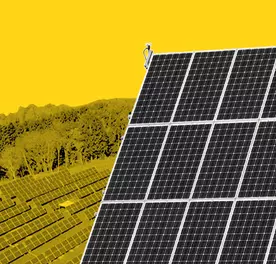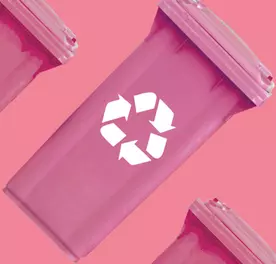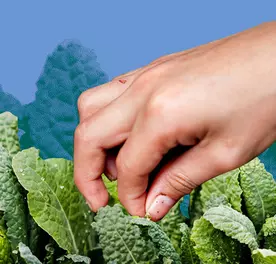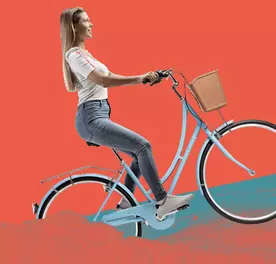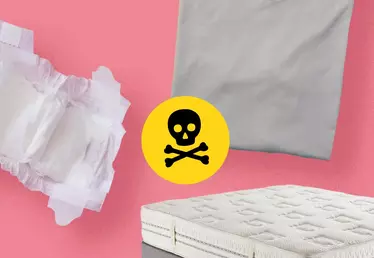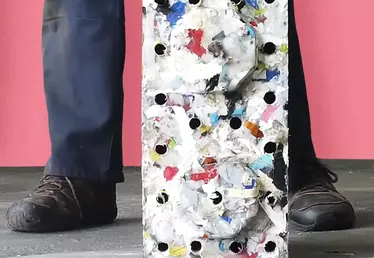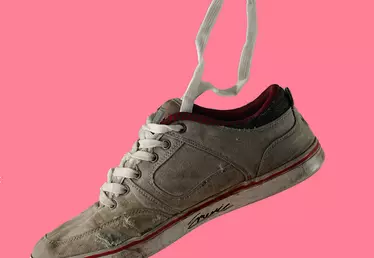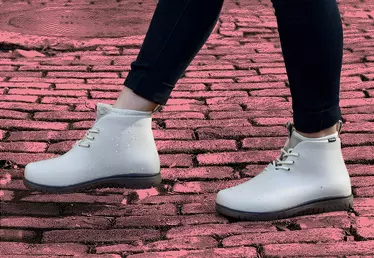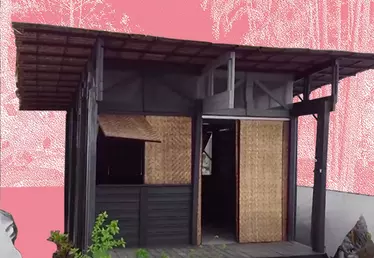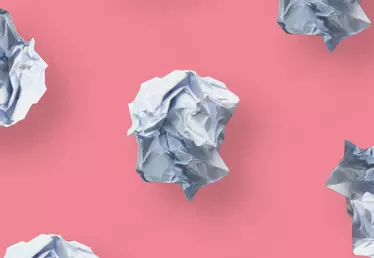

Hero banner custom title
In Abidjan, AfricWaste optimizes plastic bottle collection
5 min
In the Ivory Coast, waste collection has yet to be properly structured and organized. In Abidjan, the country’s largest city, AfricaWaste has developed an efficient plastic waste recovery sector.
Every day, in Côte d’Ivoire Abidjan produces 288 metric tons of plastic waste, including a large number of plastic bottles. In the absence of a real waste management policy, the recycling rate is just 5%. All the other bottles end up in open dumps, polluting the air, soil, streams, and even children’s playgrounds. To reduce this pollution, AfricWaste has decided to set up a structured plastic waste collection and recovery sector in the country's economic capital. Starting with PET bottles (polyethylene terephthalate).
Created by Veolia and the construction group PFO Africa, the project aims to maximize the informal collection system, an essential link in the recycling chain in Côte d’Ivoire. The purpose of this operation is to optimize the informal sector – a system with a real organization that works quite well but doesn’t fulfil its maximum potential. A first pilot project was set up right in the Akouédo landfill. A storage point allowed informal collectors to sell the plastic bottles they collect from private individuals and merchants. Between October 2017 and March 2018, 15 metric tons of PET were recovered and recycled every month.

Smartphones central to the project
Following the success of the project, a second pilot phase was conducted from March to September 2018 in the municipality of Treichville, south of the capital. And to facilitate plastic bottle collection, a smartphone app was launched. It allows users to indicate the amount of waste they would like removed and their location. The waste can then be recovered by the nearest collector, who is paid via smartphone.
The project is built on the idea that waste is valuable - so AfricWaste creates a link between the people who produce it, the people who collect it and Veolia who recycles it. This relationship is facilitated by telephone payments, a service that first began on the African continent.
Ultimately, AfricWaste wants to entrust these collection and sorting platforms to social and solidarity economy companies in Côte d’Ivoire. These companies will supply the waste they collect to Veolia, who will then treat and recycle it.

